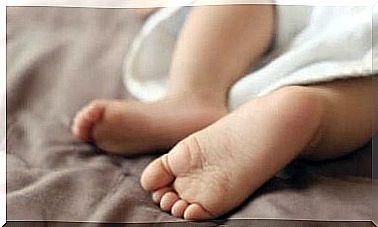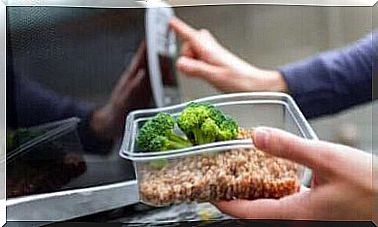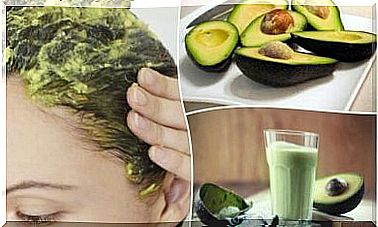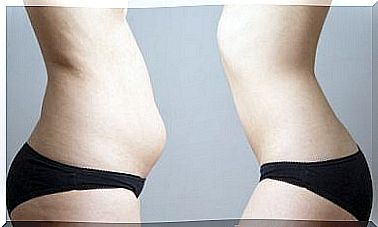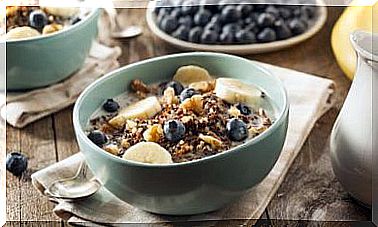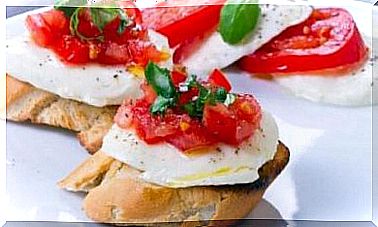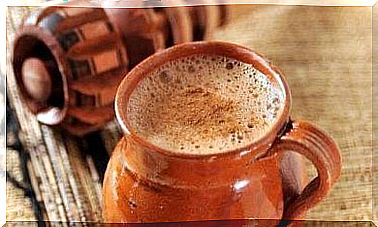Four Things To Avoid If You Have Colitis
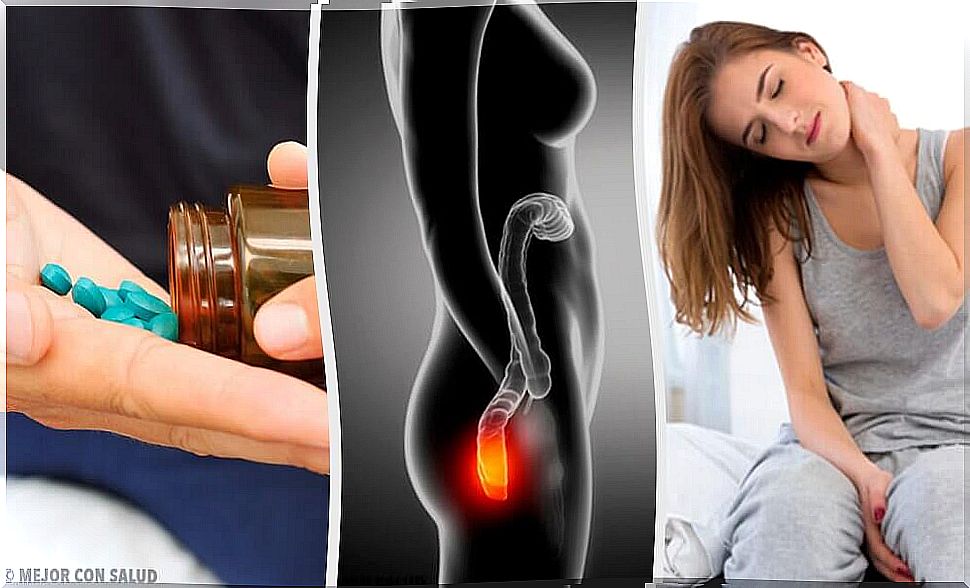
Colon inflammation is the inflammation of the colon. It is a very common disorder among people who live in crowded cities and are under high stress levels. In this article, you will find four things to avoid if you have colitis.
High stress levels, leading a sedentary lifestyle and consuming unhealthy foods (fast food, sodas, spices) can lead to the development of this condition.
Symptoms of colitis
There are many typical symptoms of colitis, including:
- Abdominal pain and swelling;
- Bloody stools
- Chills and tremors
- Dehydration
- Diarrhea
- Fever
What to avoid if you suffer from colitis
1. Certain foods

Avoiding certain foods is essential for full recovery from this condition and avoiding long term damage to the colon. Fatty foods can trigger intestinal contractions and cause an adverse reaction throughout the body.
- You will need to stay away from fried foods, fatty meats and fast foods.
- You should also avoid dairy products for a while after getting colitis.
- If you have intestinal problems, avoid any irritating beverages such as tea and coffee.
Instead, you should choose beverages like water with lemon juice or herbal tea, which will help your body detoxify itself faster.
2. Stressful situations
Emotional disorders increase activity and alter the function of your colon. These may be accompanied by diarrhea or constipation, which are primary symptoms of nervous colitis.
It is important to manage stress well in your home or at work to keep your symptoms from getting worse.
3. Lead a sedentary lifestyle

Sedentary people are more likely to develop colitis, experts say. Therefore, it is a good idea to get exercise every day to deal with your stress and anxiety.
It is a good idea to walk, cycle, swim or perform other activities, but make sure to be consistent about it.
4. Self-medication
See your doctor if you have symptoms such as a bloated stomach, pain or changes in your stools, such as diarrhea with three stools a day or constipation.
Avoid taking medication because other disorders may have similar symptoms of colitis and may make your situation worse.
Diet and foods suitable for colitis
Eat five or six small meals a day and never skip breakfast to be sure to start the day with energy. You can try a liquid diet, which may include drinking water, apple juice, broth and smoothies.
Breakfast
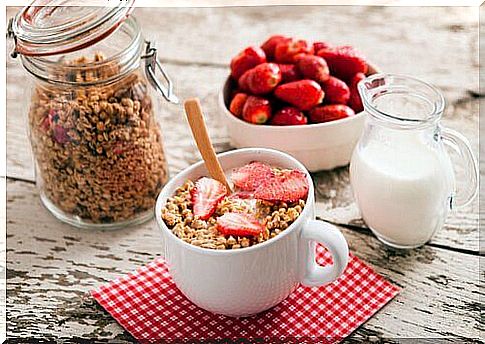
- A cup of skim milk, a few scraps of toast, and a slice of ham or low-fat turkey are a good option.
- Another option may be low-fat plain yogurt with cereal products.
- A third option may be a cup of tea and wholemeal toast with fresh cheese, preferably low in fat.
If you want fruit with your breakfast, the best choices are papaya, apple, pear, banana, peach or melon. Avoid oranges, kiwis, strawberries and guava as they are very acidic and can slow down digestion.
Lunch
Try grilled or baked chicken with a green salad, watercress and raw spinach seasoned with a teaspoon of olive oil. You can get a piece of toasted wholemeal bread next to it.
Dinner
Try pasta made with olive oil. As another option, a cup of low-fat plain yogurt or a piece of fresh cheese with a spoonful of honey.
This is a sample diet for breakfast, lunch and dinner, but you can also incorporate snacks between each meal so you do not go so long without eating.
Snacks for snacks
- A cup of sugar-free fruit juice.
- A piece of fruit – a banana, apple or pear.
- A cup of tea and two slices of whole grain toast.
You can try this diet every week, but should consider other foods, such as fruits, vegetables, cooked pasta, rice, chicken or meat, potatoes and whole grain breads.
You can mix your dishes and make all sorts of salads if you wish. This diet is only a guide to foods you can eat when you suffer from colitis.
Other recommendations
- Drink at least two liters of water or natural fruit juice a day.
- Chew your food thoroughly. Give your food time to be digested.
- Keep a steady meal plan and do not rush your bowel movements.
- Avoid using laxatives if you experience constipation unless your doctor prescribes it.
If you follow these recommendations, lead a healthy lifestyle and maintain a balanced diet, you can improve or prevent this condition. Change your habits and take care of your health!
